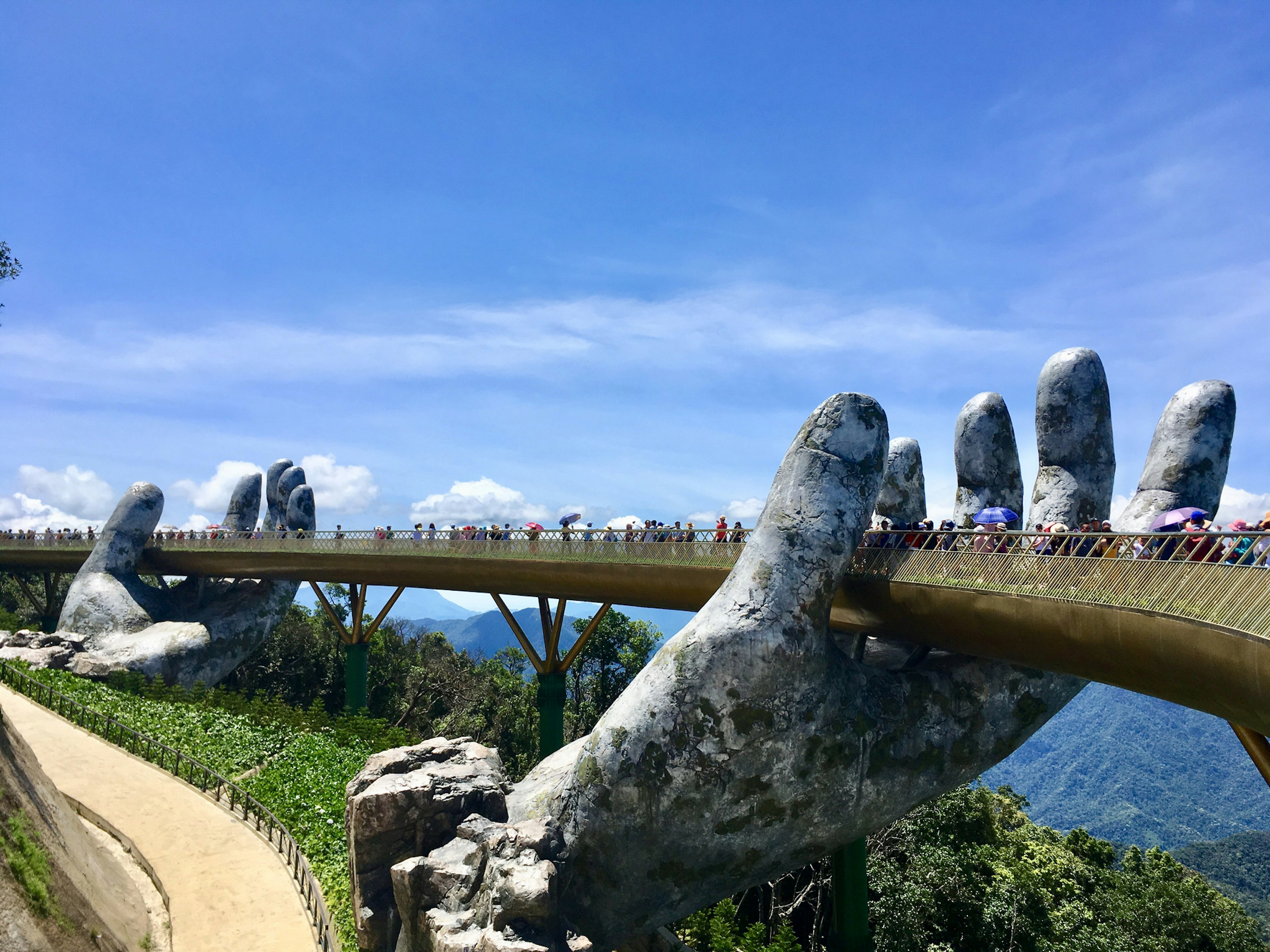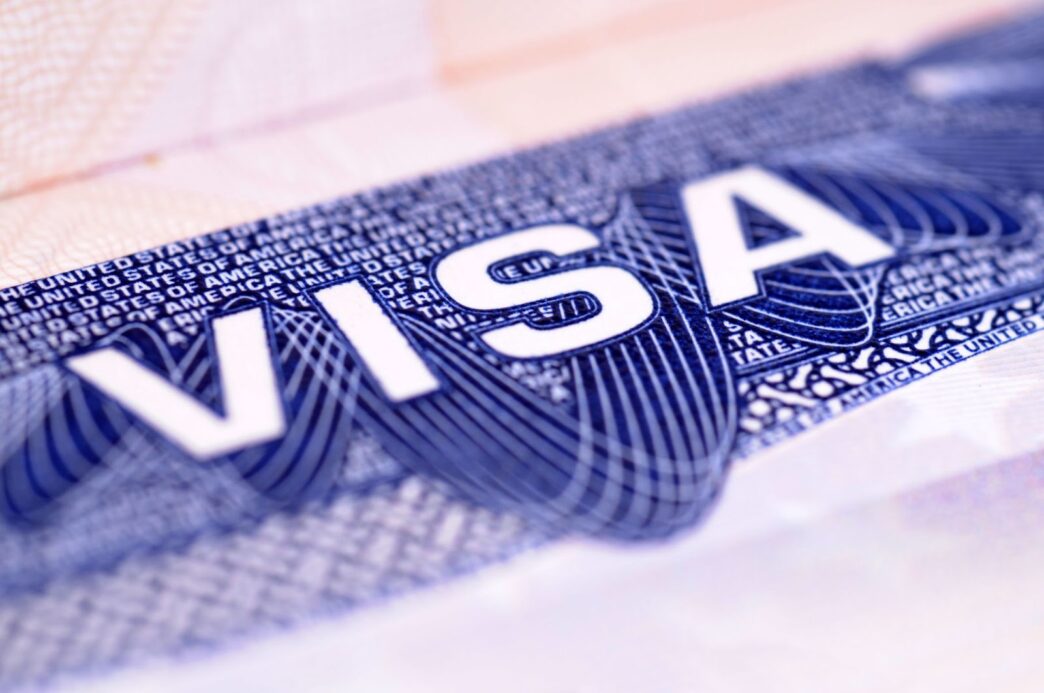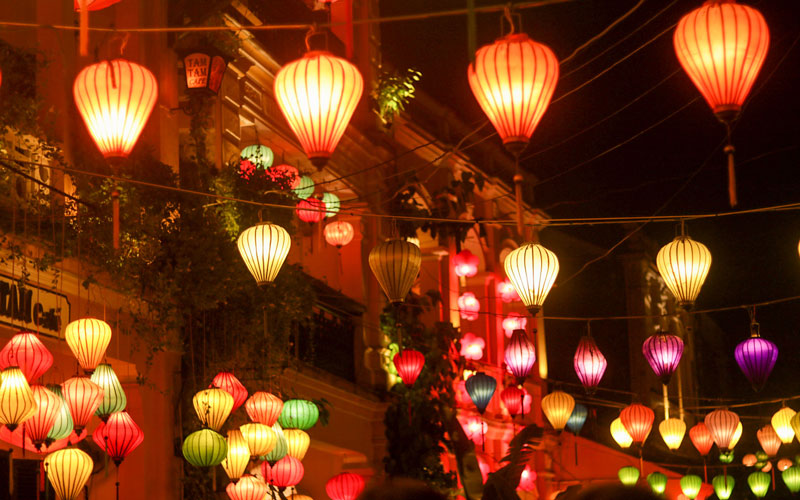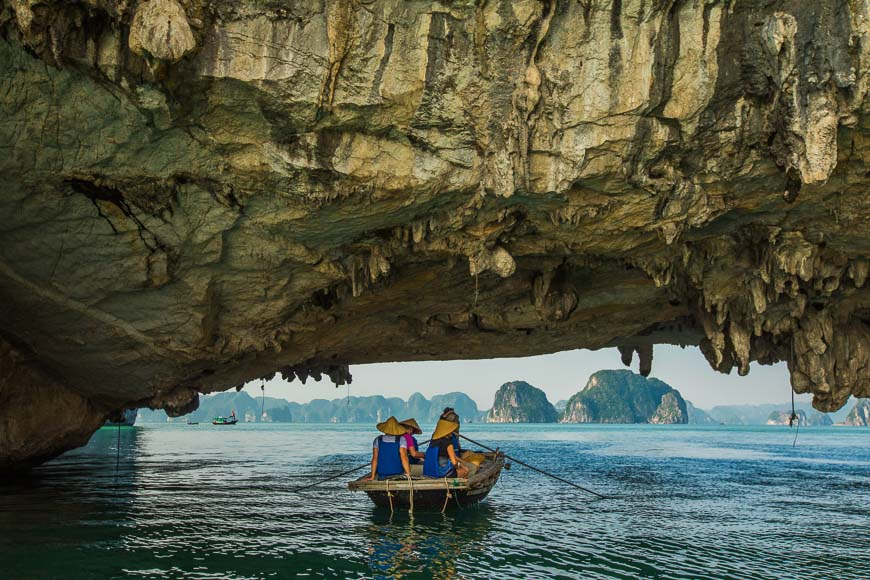Whether you’re planning to enjoy the beaches, trek through the jungles, time travel in historic townships, or settle down as a digital nomad in modern Hanoi, you’ll most likely need a visa to visit Vietnam, except for short visits. less than 15 days.
But there is good news: although there are bureaucratic procedures to overcome, many nationalities can apply for an electronic visa online, saving time and money.
Vietnam imposed strict COVID restrictions at the height of the pandemic, but these days you can visit without a Covid test or proof of vaccination. Getting a visa has also become easier, with a government portal dedicated to e-visa applications. Here’s what you need to know about Vietnam entry requirements.

Who needs a visa to visit Vietnam?
Whether or not you need a visa to visit Vietnam will depend on where you live and how long you plan to stay. Citizens of neighboring Southeast Asian countries, including Cambodia, Thailand, Malaysia, Singapore, Indonesia and Laos, can visit the country for 30 days without a visa. Citizens of the Philippines can remain visa-free for 21 days, citizens of South Korea and Japan can remain visa-free for 15 days, and citizens of Brunei and Myanmar can remain visa-free for 14 days.
How about travelers from Europe?
There is good news for European travelers: citizens of Sweden, Norway, Denmark and Finland can travel visa-free for 15 days, reflecting the fact that these countries were among the first foreign powers to recognize the Socialist Republic of Vietnam. British, German, French, Spanish and Russian citizens can also visit the country without a visa for 15 days.
What about everyone else?
Travelers from the rest of Europe and the rest of the world will need a visa to visit Vietnam, as will travelers from visa-exempt countries visiting the country for more than the approved number of days and visitors coming for business or other purposes. tourist.
How do I get a visa?
There are three ways to get a visa. You can apply the old-fashioned way through the Vietnamese embassy or consulate in your home country (either in person or by mail); You can apply for a visa on arrival through a Vietnamese visa agency; or you can apply for an e-visa online before you travel.

How long are Vietnam visas valid for?
Standard tourist visas are valid for 30 or 90 days. You can apply for single entry or multiple entries, and visas can be extended within Vietnam for an additional fee. For business travel visas, contact your local Vietnamese embassy or consulate; There is a list of foreign missions on the Ministry of Foreign Affairs website. Digital nomads generally travel on tourist visas.
What are the special visa rules for Phu Quoc Island?
Travelers visiting Phu Quoc, Vietnam’s most beloved tropical island, can stay up to 30 days visa-free. This applies even if you are not coming from a visa-exempt country, but must enter Phu Quoc by air. Upon arrival, you can apply for a visa that allows entry to the rest of Vietnam or stays longer than 30 days.
How do I apply for an electronic visa?
The government’s slightly confusing E-Visa portal is the place to apply for an e-visa. These visas are valid for 30 days and allow only one entry. You can enter through any approved air, land, or sea border, but the port of entry must be listed on your application. The process takes three business days and the scheme is open to citizens of 80 countries, including most nations in Europe, the United States, Canada, Australia and New Zealand.
You will need to provide a high-resolution digital passport photo and a scan of your passport identification pages when you apply. Be sure to note the registration number of your application; You will need it to access the downloadable PDF file containing your visa (print and carry two copies with you when you travel).
How do I apply for a visa on arrival?
If you are flying to Vietnam and landing at Tan Son Nhat International Airport in Ho Chi Minh City, Noi Bai International Airport in Hanoi, or Da Nang International Airport in Da Nang, you can apply for a visa on arrival through an agency of online visas like Vietnam Visa Center or Vietnam Visa, but this is a more expensive option.
In fact, this is a two-part process. In addition to paying a fee for the online application, you will need to pay a second fee upon arrival in Vietnam for the visa to be physically added to your passport. The online application takes two business days to process, but you can also pay more for expedited service of one day or four hours.

How much does a Vietnam visa cost?
Visa prices vary depending on where you get it: Travelers who apply online pay different fees than people who apply in person or by mail at embassies and consulates. For a standard 30-day e-visa, the fee is US$25. Contact your local embassy or consulate for fees for applying in person or by mail.
To obtain a visa on arrival, you must first pay a fee to a visa agency for a “visa pre-approval letter.” For a single entry visa, this costs around US$17 for 30 days and US$25 for 90 days. For a multiple entry visa, the fee is around US$20 for 30 days and US$65 for 90 days.
You will need to pay a second fee, known as a “stamp fee,” when you arrive in Vietnam, using foreign currency. This costs US$25 for a single entry visa and US$50 for a multiple entry visa. Different rates apply to visitors from most of Africa and the Middle East and some countries in Asia.
Applying for a visa: practical aspects
Whether you apply online or in person at your local embassy or consulate, your passport must be valid for at least six months after your proposed date of departure from Vietnam. You can enter on or after the entry date you declare on the application form, but you must still leave before the expiration date printed on your visa.
If you apply in person or by mail, you will also need to provide some passport photographs with your application form. If you apply online, you will need high-quality digital passport photos; For a Visa on Arrival, please bring two 4cm by 6cm photographs to hand in when you pay the stamping fee.
Can I extend my visa in Vietnam?
It is not too complicated to extend a tourist visa while in Vietnam, but you will need to enlist the help of a local visa agency. The procedure can take up to a week and you must apply before your original visa expires. It is possible to obtain an extension of 15, 30 or 60 days, depending on the visa you currently have.
Rates vary from agency to agency and depend on the length of the extension. In practice, extensions are easier to arrange in Ho Chi Minh City, Hanoi, Danang and Hue. Please note that additional fees apply if you apply to extend your visa in a location other than the city where you first arrived in Vietnam.
Read more: Honeymoon in Vietnam



